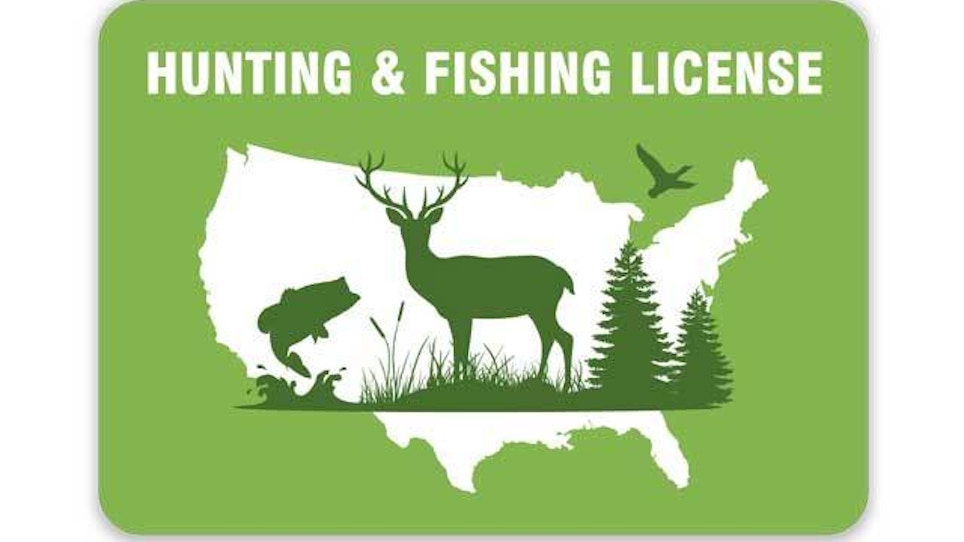By BETH GARBITELLI | Associated Press
MONTPELIER, Vt. (AP) — Vermont officials handed out fewer moose hunting permits than last year because of lower-than-ideal population levels, but state biologists said Thursday they have hope those numbers are on the rise.
The lottery, now in its 22nd year, represents an annual tradition for some Vermonters.
“Some of the folks who put in for it every year call it Christmas in July because it's such a big deal for them,” Vermont Fish and Wildlife Commissioner Louis Porter said.
Gov. Peter Shumlin read a selection of the winners, including the first five permits given to veterans of the Iraq and Afghanistan wars.
Over 11,000 applications came in from hunters in 49 states, the District of Columbia and 3 Canadian provinces. And plenty of Vermonters, like Rodney Elmer of Northfield, were eager to find out if they had been picked.
Elmer, who was sitting in the Statehouse as the names were announced, couldn't wait to get out in the forest after being one of the lucky applicants to get a permit.
“I get to go in the woods and relax ... and belong there and not to feel like an invasive species,” Elmer said.
The department issued 335 moose hunting permits by lottery this year: 285 were issued for the regular Oct. 18 through 23 season and 50 for the Oct. 1 through 7 archery season.
There was a 20 percent decline in the number of licenses given out this year due to estimated population density and moose management goals. There are estimated to be about 2,500 moose in state, according to state moose biologist Cedric Alexander.
Officials are concerned about the winter tick affecting moose populations across New England. Heavily infested moose rub off patches of hair trying to remove the parasite, suffer blood loss during the scarcest months and can even die from anemia.
“We're concerned,” Alexander said. “We don't think it's a crisis by any means.”
That's partially because Vermont moose are doing better than their neighbors. New Hampshire moose had twice as many ticks per animal than Vermont moose, said Alexander.
And late snowfall this year might be an added boon for moose in the region, since winter tick eggs that fall on snow are much less likely to survive.
Moose became virtually extinct in Vermont when the state became deforested during the 1800s. It was not until forests grew back by the middle of the 20th century that moose made a comeback. It was illegal to hunt moose in the state before 1993.






